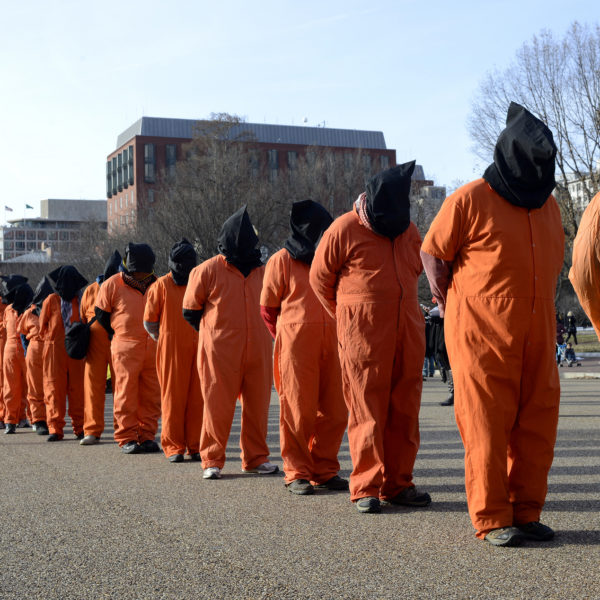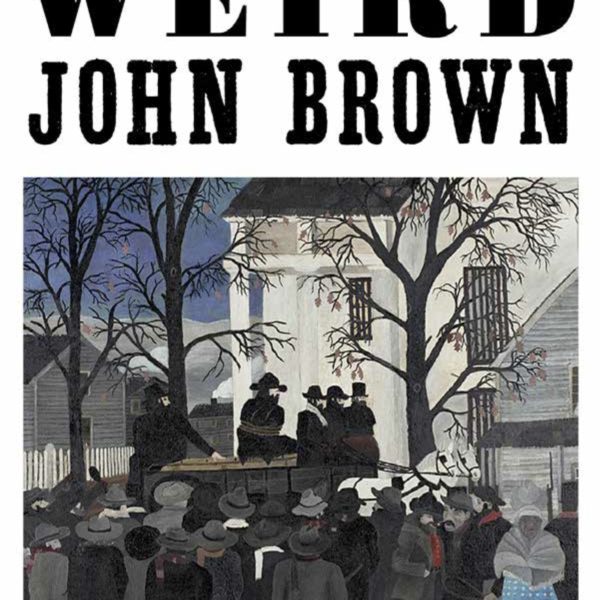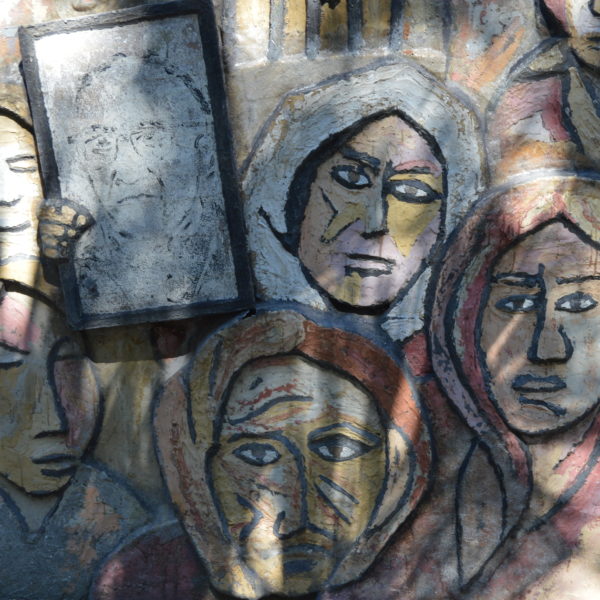
He faces no criminal charges. Indeed, a U.S. judge ordered him released five years ago. Nevertheless, Mohamedou Ould Slahi remains in Guantánamo Bay, after more than thirteen years in captivity. He was snatched out of his home country of Mauritania shortly after 9/11/2001, and then renditioned to Jordan, Afghanistan, and finally Cuba. In U.S. custody he has endured beatings, threats, sexual assaults, sensory deprivation, lengthy exposure to cold temperatures, food deprivation, deprivation of medical care, stress positions, and forced nudity.

The promise of the new covenant in Jeremiah 31:31-34 contains political dimensions that typically pass unrecognized, but which provide a rich description of an ideal polity. This prophetic vision can serve as a powerful counterpart and companion to more conventional political utopias and idealized societies.

Too often, scholars enamored with Foucault’s work assert that physical torture waned with modernity. However, this is an uninformed understanding of penal history. From their inception, U.S. jails and prisons frequently tortured inmates.

I have been writing about torture for the last decade. Does the recently released summary of the Senate report reveal anything that requires reconsideration of my earlier work? Surely, it is not news that the Bush administration, particularly in the first term, pursued a practice of torture. Nor is it news that the practice was not successful. After all, the turn to torture was puzzling partly because we have long known that it is not an effective means of obtaining information. In fact, torture is best understood as a practice not of inquiry but of communication.

. . . In the book I think about what it would mean to see Brown as a “Great Criminal” who did wrong but can still be read as a sign of a divine violence that breaks the hold of the slave system on social imaginations and so makes possible not just new ways of seeing the world, but new ways of acting, new ways of connecting with others, and new ways of deliberating together.

Johannes de Silentio admits that “Abraham I cannot understand, in a certain sense there is nothing I can learn from him but astonishment.” Can we say the same about John Brown? Smith clearly wants us to learn from him and from what happened at Harpers Ferry, not to mention what happened six weeks later. But it is a curious sort of learning, since Brown’s exceptional status — like Smith’s subtitle — acknowledges the limits of ethics in making sense of the violence enacted by, and on, such a singular figure.

This past week, especially in light of the Copenhagen shootings, commentary about the White House summit on combatting “extremism,” and the publication of a controversial article in the magazine The Atlantic by one of its editors on ISIS, the big question in the news right now seems to be: “do the conflicts in Middle East mean we are fighting a global ‘war of religion(s),’ or at least a war with, as well as within, Islam?”

Ted Smith delivers an unprecedented thesis about Brown’s violent assault on slaveholders as the human side of a “divine violence.” From beyond the limits of any earthly system of political justice and social ethics, this is a divine judgment against the validity of an entire system of political ethics. Addressed, for one, to American ethicists today — both those who teach and study in the university and those who voice their ethical judgments on street corners, in churches, and across the Sunday dinner table — Smith’s words, while gently spoken, deliver their own report of divine judgment.



